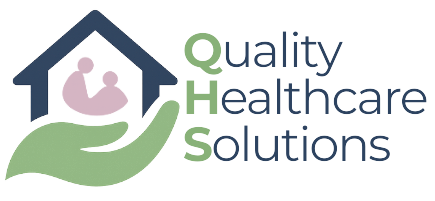The Leaders in Care Conference (LICC) 2024, held at One Moorgate in London, brought together some of the brightest minds in social care to discuss solutions to some of the sector’s biggest challenges. I was grateful to have had the opportunity to present and answer questions, as a panel member. Thanking the organisers, fellow panel members and attendees for making it an engaging session, sharing valuable insights along the technology journey within the care setting.
Hosted by the esteemed Neil Eastwood, the day consisted of insightful panel discussions with leaders in care. This included CQC updates, new ways of working and future changes in monitoring requirements. Recruitment with retention was also on the agenda as a key area of concern and the insights of how other leaders are adopting out of the box solutions to develop relations with staff, including support around personal goals, learning to swim, drive a car or a new language.
Some of the key points raised include:
1. Organisations are on their own personal journey, embracing digital technology from a foundation level for office admin all the way to mid-level Customer Management Software for rota, care plans and electronic call monitoring. We even have some providers adopting AI and remote monitoring that can integrate into the care planning software.
2. The benefits of digital social care records are being seen in more operators, but there is a lot of information and adequate time needs to be placed into the planning stages early on that reflects the company vision and values.
3. Keep everyone involved and obtain feedback on a continuous basis, as this will promote the buy-in from care staff and other stakeholders.
4. The AI offering is not a solution to all problems, it is a tool that can supplement the core operations, whereby the care delivery remains the primary goal. We still don’t know enough about how the AI can fully support social care, but in the past 12 months there has been examples of data analysis of large language models assisting key searches, software acting in a support function to mimic an office team member in obtaining key information for care services.
The care sector faces a challenging journey, from aging relatives to those facing lifelong challenges. By strategically applying innovations within the context of digitalization, we can meet the demands of care delivery and ensure the most vulnerable receive the support they deserve.

